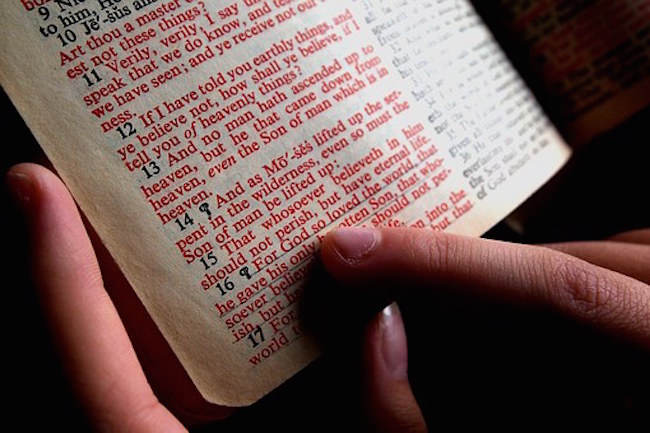How to Answer the 12 Strongest Objections to Christianity by Paul Gould for The Gospel Coalition
In the 1960s, sociologists widely predicted that religion would soon disappear. Now that we’re well into the 21st century, many of these same sociologists admit they were wrong. Religion didn’t go away. Just the opposite in fact: Religion is poised to be a dominant player on the world stage in this century.
This comes as no surprise for those of us who believe. Spirituality can’t be wiped out; humans are fundamentally spiritual beings, created by and for God. As Rebecca McLaughlin puts it in her book Confronting Christianity: 12 Hard Questions for the World’s Largest Religion, the question for this generation isn’t “How soon will religion die out?” Rather, the question is “Christianity or Islam?” (14).
For many today, both Christianity and Islam are unappealing because they seem violent and oppressive. But is the God of these great monotheistic religions really as bad as we think? When it comes to Christianity, McLaughlin—regular TGC contributor and cofounder of Vocable Communications—thinks the answer is surely no. Moreover, the common moral and intellectual objections to Christianity aren’t insurmountable. McLaughlin engages 12 of the hardest objections to Christianity, expertly showing how each challenge—when properly probed and understood—points to a good and loving God.
Support Our Site

Now is your chance to support Gospel News Network.
We love helping others and believe that’s one of the reasons we are chosen as Ambassadors of the Kingdom, to serve God’s children. We look to the Greatest Commandment as our Powering force.
Understanding Scripture in Context
Many of the hardest questions for faith arise as a byproduct of our now largely biblically illiterate culture. Religion hasn’t gone away, but knowledge of the Bible has. The loud and incessant cries of the so-called New Atheists—that “religion poisons everything” or that “the God of the Old Testament is a moral monster”—haven’t helped either. A key strength in McLaughlin’s book is her ability to cut through that noise and help the reader see and understand the Bible on its own terms.
The question for this generation isn’t, ‘How soon will religion die out?’ Rather, the question is ‘Christianity or Islam?’
The chapter “How can you take the Bible literally?” is worth the price of the book. McLaughlin helpfully distinguishes between literal and figurative language, showing that “some of the deepest truths [of the Bible] are metaphorically expressed” (95). This idea of metaphor helps us understand the big picture. Humans are created male and female in God’s image. Marriage is the joining of two into one. This union is a visible reminder of deep spiritual truths: the relationship between Christ and the church. Understanding the Bible’s overall story, as well as its use of metaphor, helps us see the goodness and beauty of Jesus and the gospel.




